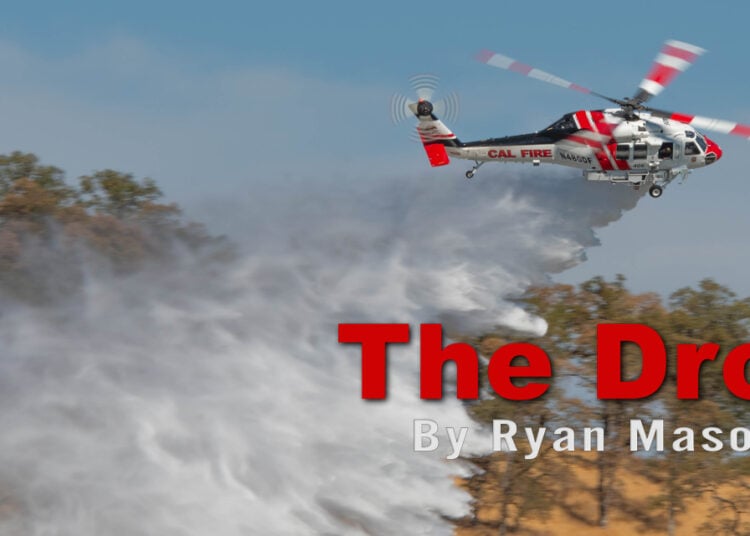As the fire season in the United States begins, operators have started contracts or are finishing up maintenance on their fleet to be ready for the call to deploy to firegrounds and bases around the country. In the case of our international brothers, sometimes around the world, there is still much work to be done.
As I stated in my last column, there are massive issues with accountability across the board. Accountability within federal, state, and sometimes local governments creates unnecessary red tape. That red tape, at times, has no end, leading me to my next point, which has become a pain point for the industry through no fault of its own.
When we look at the fleet of aircraft from VLAT to LAT's, Scoopers, SEATS, and the three different helicopter types, one of the hardest things to accomplish to make sure the fleet is ready isn't something obvious like maintenance issues, but the arduous task of carding.
I have talked to operators all over the country from every corner and aircraft type used in the industry, and one of the main pain points is the carding process and the availability of staff to perform the task. Not only is its lack of staffing, but at times across the industry, due to varying levels of the aforementioned red tape or government bureaucracy, carding times are increasing to the point where if this trend continues, there may be a significant delay in the readiness of substantial portions of the fleet should a massive fire erupt.
As I have discussed many times previously and as you may have seen referenced in many articles in AerialFire, readiness is critical. Operators must have all the necessary paperwork and sign-offs to be ready to fight a fire at a moment's notice, the key to an early initial attack on the fire, and to be able to dispatch as many assets as necessary to bring a large fire under control.
Suppose there is one thing that the Texas Panhandle fires have already taught us this year. In that case, inadequate aircraft positioned to take immediate action can have vast and devastating consequences. Those fires, while devastating to property and farmland, were fortunate not to have taken more lives due to the ferocity and rapid spread of the fire into something massive in a very short period.
A fire like the one seen in Texas took hold on the outskirts of Los Angeles County and burned toward the City of Los Angeles with the ferocity and speed of the Texas fires. Aircraft were grounded for innocuous issues like paperwork or carding still waiting to be completed, and the potential for loss of life and property would be nothing short of devastating.
While I do not have a perfect solution to this problem, I, like many others in the industry, have already realized that it is a problem and one that could have potentially deadly consequences if there is no effort to find a solution that speeds up the carding process and the removal of often cumbersome certification processes each year that seem to get more complex for the operators and spaced out longer and longer until it appears that there may be aircraft that are not ready to go when the time comes that they are desperately needed.
I know that UAFA is aware of the situation facing many operators. While it is not currently a desperate situation, I hope that action is taken at the government level to take a long, hard look at the issue and what can be done to remedy it before it costs lives.
Like any problem, there can be many solutions. Still, we need to address it as an industry and identify it as an issue so that the appropriate people can take the required action, be that on Capitol Hill to hold industry heads feet to the fire or said industry heads get out ahead of the problem and come up with some real solutions while consulting the industry to get their input so as not to work in a silo and come up with a poorly thought out solution that then becomes a more giant headache than operators already face.
Addressing an issue before it becomes a bonafide problem is the right move. Otherwise, instead of addressing a problem in a room full of peers, those same agency heads may be the same people called to testify to Congress after the problem that wasn't addressed causes a large gap in aerial firefighting capabilities that could cost lives.






